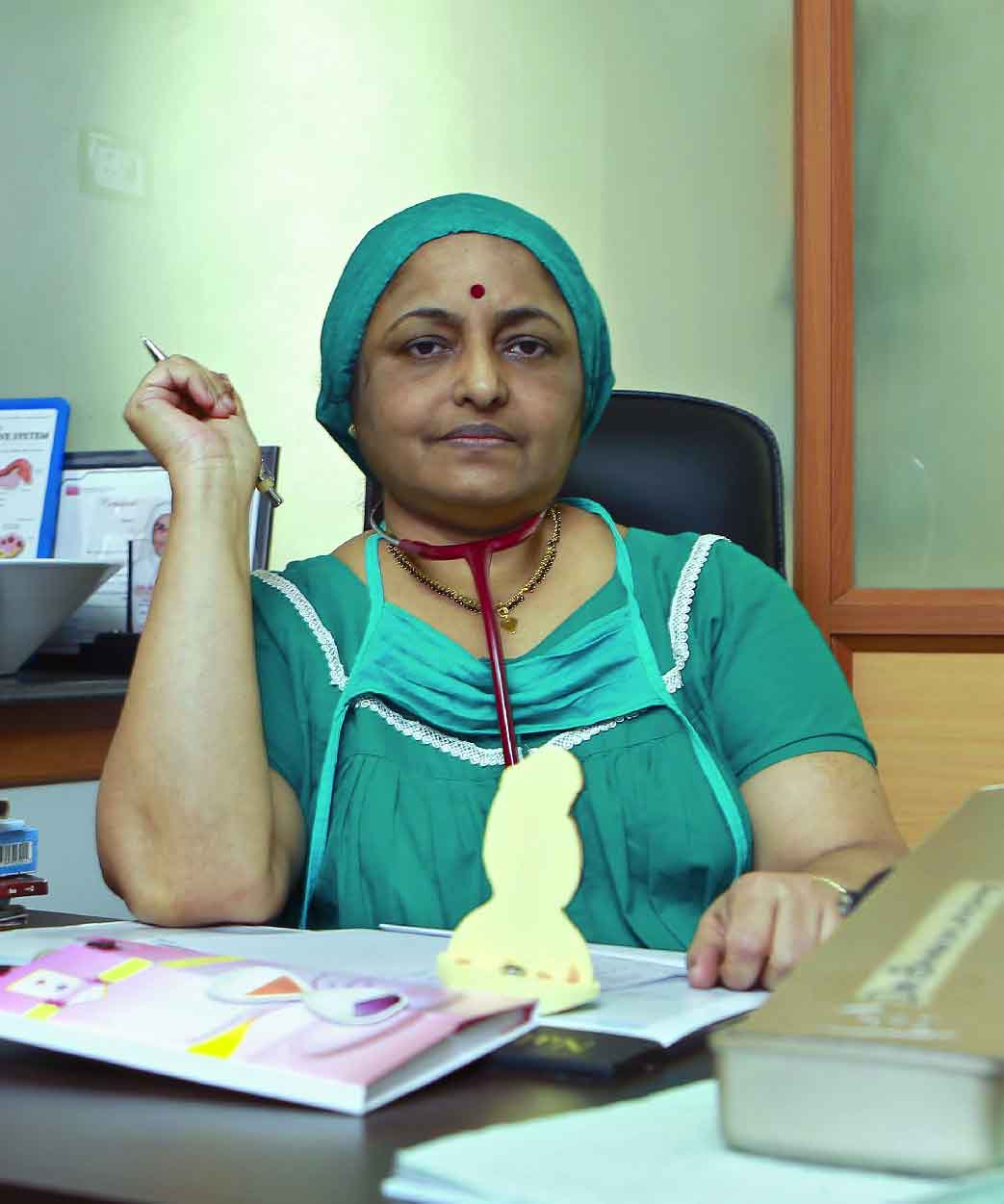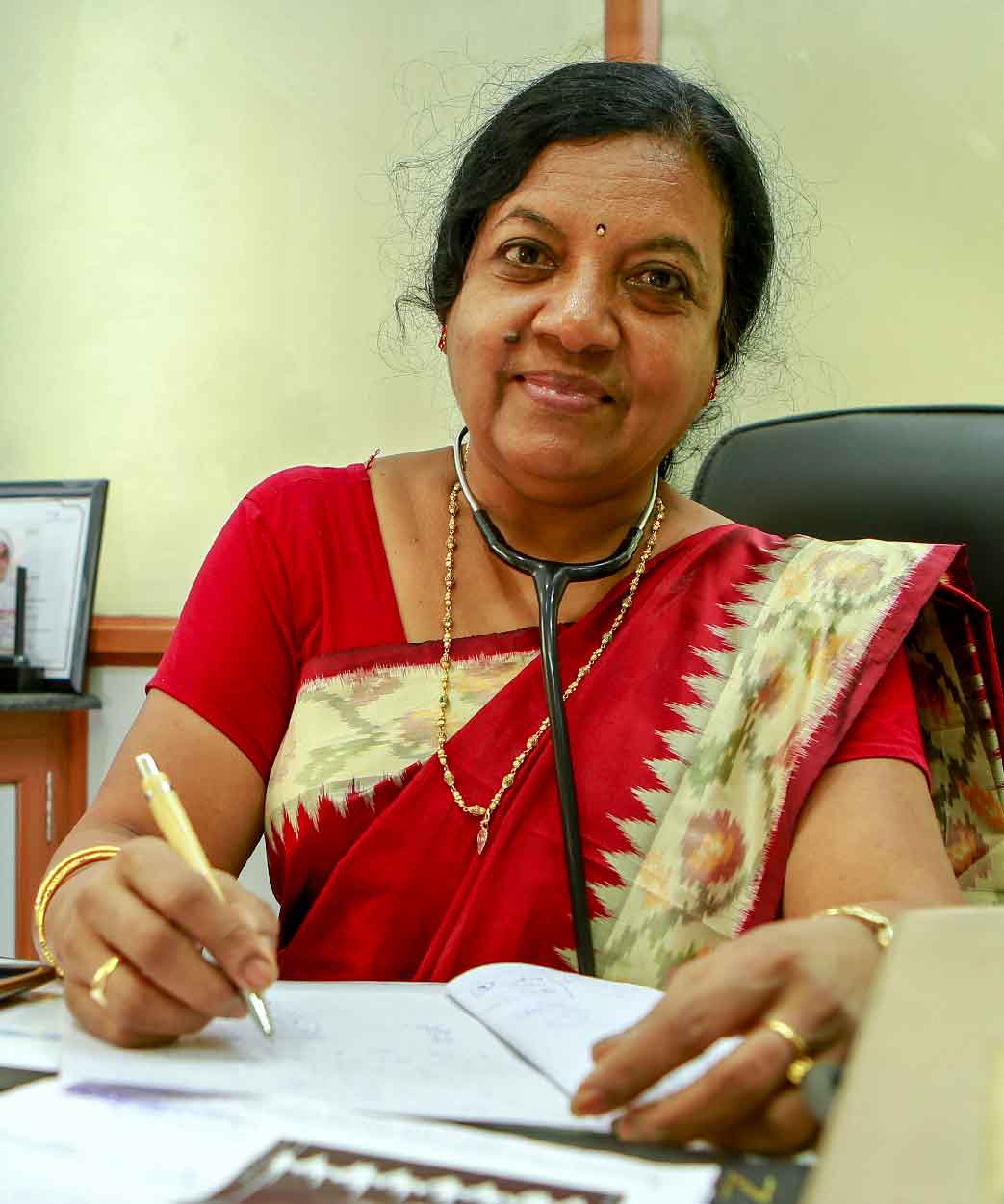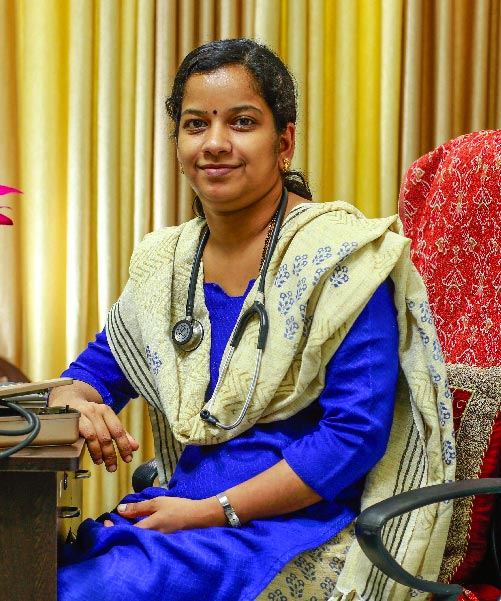
Pregnancy & Obstetric Care
At Sanjeevani Multispecialty Hospital we have an excellent and certified team of doctors, nurses, and technicians available 24x7 for your care. The department, in addition to providing regular antenatal, obstetric care also conducts all types of assisted delivery procedures. We at Sanjeevani believe in nature taking its course and allowing natural birth; resorting to cesarean operation only when it is necessary. We encourage breastfeeding within the first hour of birth. Our highly trained and experienced staff specializes in caring for pre-term, low birth weight and babies born with other birth complications.
Our in-house services include a warm and caring atmosphere and a nutritious diet for the patient. Girls or women at any age of menarche can develop various types of hormonal abnormalities. Unfortunately, more and more women are suffering from such complications today. These problems can be addressed by the Gynecology Dept. here. We are fully equipped to treat all types of hormone-related disorders such as thyroid problems, ovarian diseases, diabetes, etc. Our holistic approach to women’s health has provided many patients with relief. We have also successfully treated patients suffering from diseases such as ovarian cyst, fibroids in the uterus, endometriosis or suspicious lesions in the uterus or ovary. We prefer and promote minimal interventional procedures such as laparoscopic and vaginal surgeries so as to ensure a quicker recovery for the patient. We perform procedures for fertility-related problems for patients with delayed fertility or infertility issues. We will be walking you through everything you can look forward to, and everything you need to be prepared for. We will also provide you with a list of immunizations and other post-partum information so that your baby and the mother receive optimum care during and after her stay in the hospital.
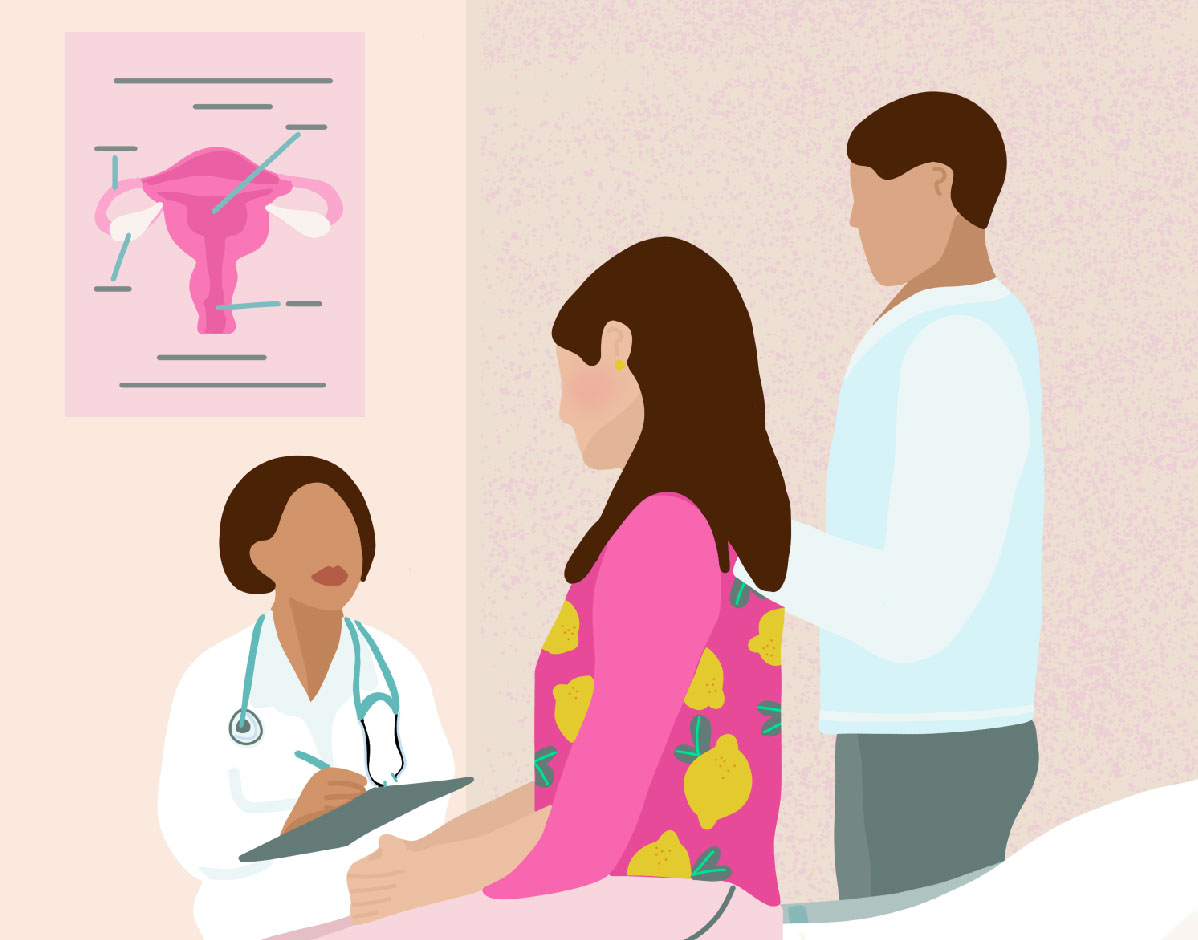
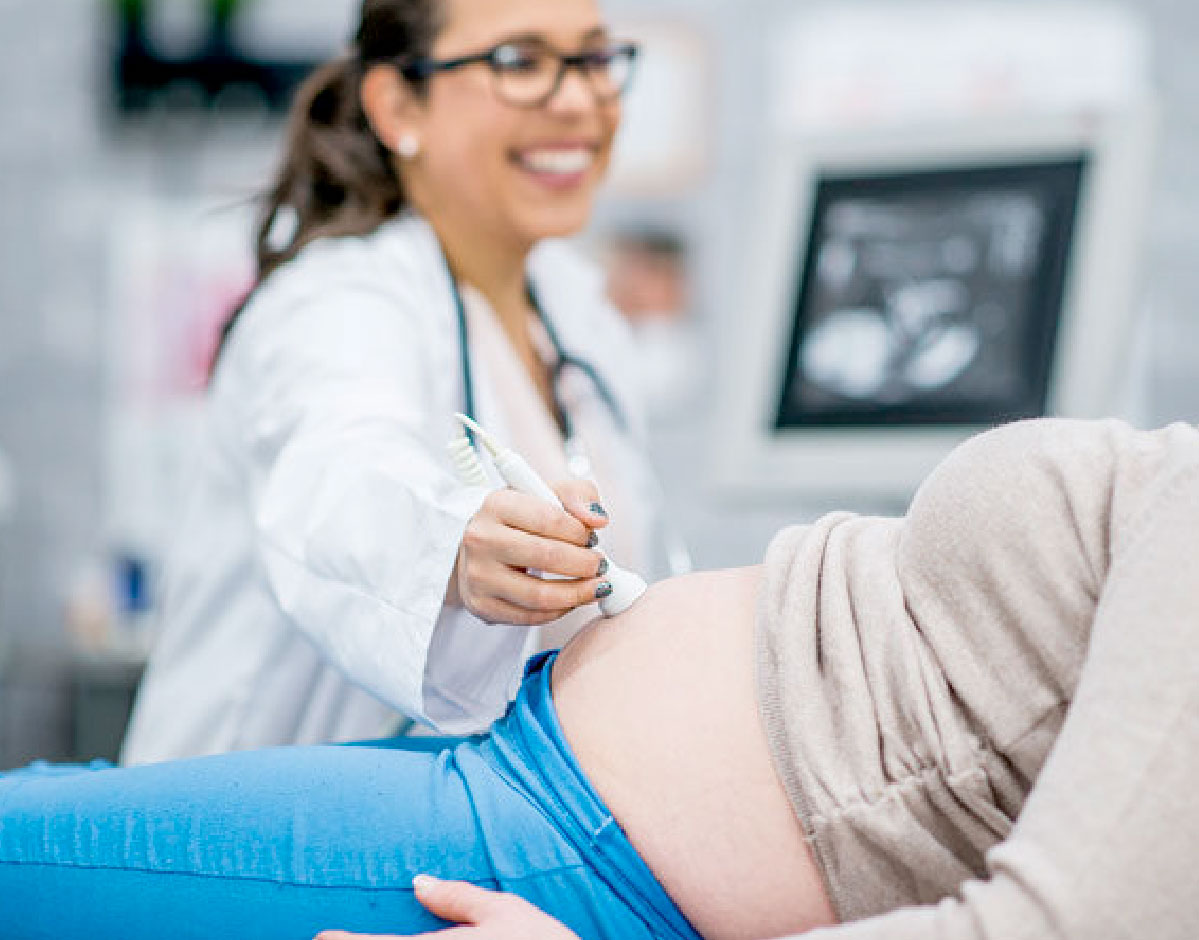
These are some of the routine tests and services that we provide for an expecting mother in the first trimester-

